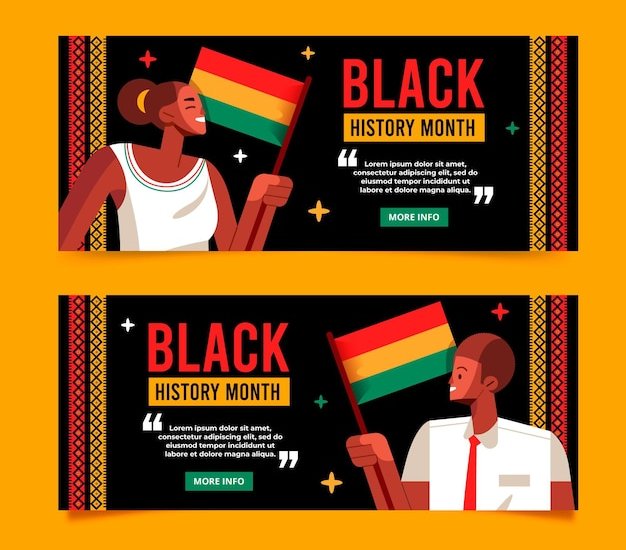Jesse Owens Facts
Jesse Owens was a legendary track and field athlete.
Owens was born on September 12, 1913, in Oakville, Alabama.
He was an African American athlete who faced racial discrimination throughout his career.
Jesse Owens was the first American track and field athlete to win four gold medals in a single Olympic Games.
He achieved this feat during the 1936 Berlin Olympics, stunning Adolf Hitler, who believed in the superiority of the Aryan race.
Owens’ gold medal victories challenged racial stereotypes and inspired athletes worldwide.
Despite his Olympic success, Owens struggled to find employment after retirement.
He eventually became a goodwill ambassador for the United States, traveling and promoting the importance of sports and education.
Jesse Owens received the Medal of Freedom from President Gerald Ford in 1976.
Owens’ legacy is not only about his athletic accomplishments but also his courage and perseverance in the face of adversity.
He proved that talent knows no prejudice or boundaries.
Owens’ incredible speed earned him the nickname The Buckeye Bullet.
He set numerous world records during his career.
Owens competed and excelled in both sprinting and long jump events.
His long jump record of 8.13 meters lasted for 25 years.
Despite his success, Owens faced segregation when returning to the United States after the Olympics.
He embraced challenges and used them as motivation to achieve greatness.
Jesse Owens Facts part 2
Owens’ achievements paved the way for future African American athletes.
His courage and achievements continue to inspire generations.
Owens believed that sports had the power to break down barriers and unite people.
He was a true ambassador of the Olympic spirit.
Owens’ determination and work ethic were unmatched.
He challenged the world’s perception of what was possible for a black athlete.
Owens’ success showed that hard work and talent could overcome adversity.
He faced obstacles with grace and humility.
Owens remains a symbol of hope and equality.
He spent his later years mentoring and coaching young athletes.
Owens’ impressive accomplishments should never be forgotten.
He remains an icon in the world of sports.
Owens’ impact extended far beyond the track and field.
He used his platform to advocate for civil rights.
Owens’ victories were a powerful statement against racism and discrimination.
He broke down barriers and opened doors for future athletes of all backgrounds.
Owens’ story is a reminder that perseverance and determination can lead to greatness.
He proved that talent is universal, regardless of race or background.
Owens’ life is a testament to the power of the human spirit.
He showed the world that underdogs can become champions.
Owens dedicated his life to inspiring others and promoting equality.
His legacy will forever be ingrained in the history of sports.
Owens’ impact on the world goes beyond athletics.
He inspired millions with his incredible talents and humility.
Owens’ story is a reminder that diversity and inclusion are essential in sports and society.
He shattered stereotypes and stood as a symbol of hope for millions.
Owens’ achievements continue to inspire athletes to push beyond their limits.
He embodied the Olympic ideals of fair play, courage, and unity.

